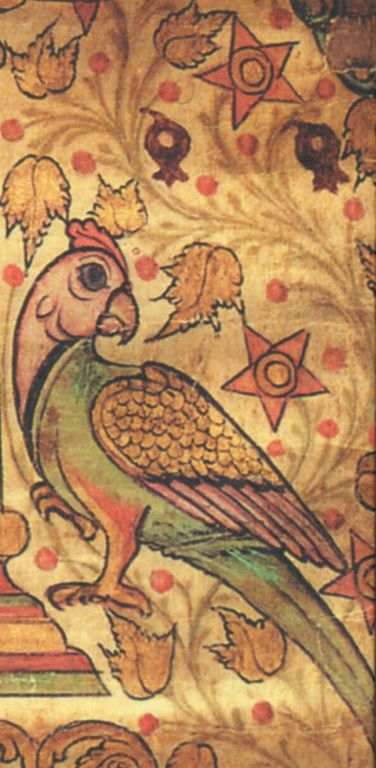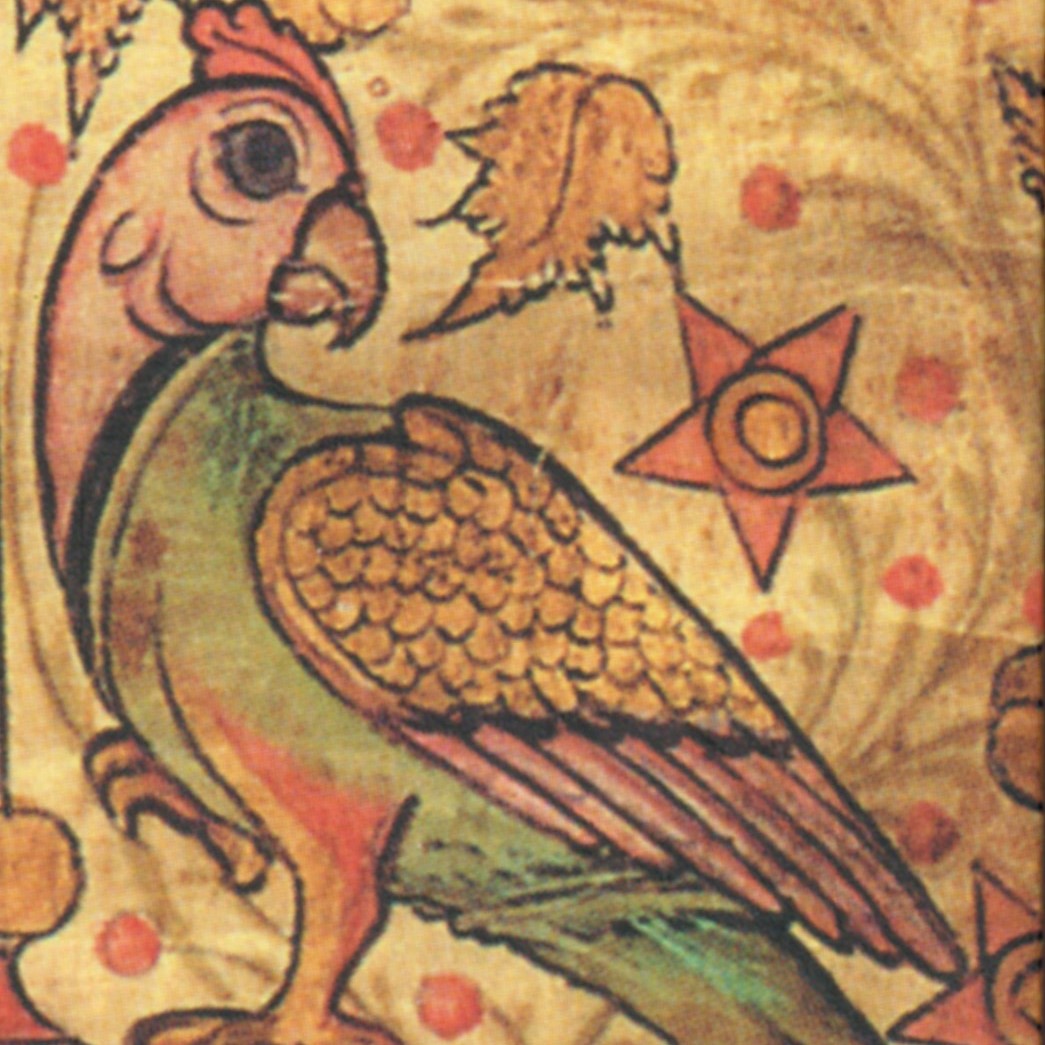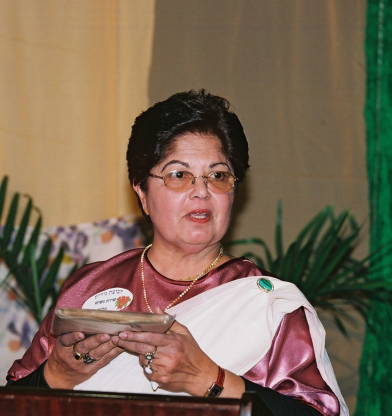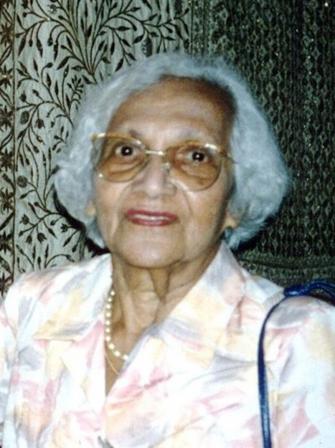2002
48. Hidden God
Rahel Kala, Venus Lane. Recorded at NSA studio, June 9, 2002. CD Track 20; III-28
Maṟavil oḷivāya taṃbirāně
Matiyěnnu lokatta kalpicconě
1. O Light behind the screen, Tambiranĕ!
You created earth by saying “It is very good.” (x2)
For humankind and everything that lives,
You give food to them until the day they die. (x2)2. Because of the merit of the Fathers three,
Because of the righteousness of the Mothers four (x2),
Please raise the lowly People, oh please raise us up.
We, Your humble children, are beseeching You. (x2)3. It was long ago in the kingdom of Pharaoh,
When to many masters we were then enslaved. (x2)
With ten plagues You struck, and then, O Lord,
You delivered us in the middle of the night. (x2)4. While the Heavenly Father’s army was on the move,
Moving along with the People as a whole, (x2)
Pillars of fire and cloud, called “ ’esh” and “ ‘anan,”
Went in front of them, went to light their way. (x2)5. “Into small, small pieces now break the sea!”
This was commanded to learnéd Moshe. (x2)
Moshe took up his wonder working staff
And into small, small pieces he smashed the Red Sea. (x2)6. Flying, flying wildly, thus Pharaoh came;
Right to the middle of the Red Sea he came. (x2)
Just like rocks and lead sink into the sea,
O Lord Tambiran, You sank the enemy. (x2)7. By hundreds of thousands, foot soldiers came.
All their belongings they carried with them. (x2)
The mixed multitude—the ‘ereb rab—came too.[1]
God plunged them down in the middle of the sea. (x2)8. Then they went to Mara and quarreled bitterly,
Without respect. How badly they behaved! (x2)
But the water’s bitterness was then turned to sweet,
And You saved the children, Tambiranĕ. (x2)9. By fashioning the calf—making it from gold—
They committed then a very wicked sin. (x2)
But when they prayed to atone for the sin,
You forgave their sin, Tambiranĕ. (x2)10. At the very time of giving the Torah,
The twice seven worlds were opened then. (x2)
That was the time when God revealed to us
That besides God there is no other One. (x2)11. He was the One Who fed us with man.
And in the desert built the mishkan.[2] (x2)
Then after the death of brother Moshe,
Command was given to his student Yoshua. (x2)12. All twelve shebatim, the tribes of Israel,
Those large in number and the smaller ones, (x2)
Went to the country of Yerushalayim,
Where all their shares were given unto them. (x2)13. All the commandments, without missing one,
All were carried out by Yoshua Bin Nun. (x2)
As You did for the children at that time,
Please do the same for us, Your children, now. (x2)
This song of gratitude for God’s protection of the Jews draws on biblical narratives from creation up to their settlement in the land under Joshua’s leadership. More than half of its stanzas focus on the exodus from Egypt, with a dramatic description of the annihilation of Pharaoh’s army.
The first line of the song salutes God as the light hidden behind a screen or veil—or more figuratively, in Gamliel’s Hebrew translation, “concealed in mystery” (2005, 106). This opening suggests a mystical theme, which is picked up only in stanza 10. The account of divine revelation in this stanza echoes a midrash found in Rashi’s commentary on Deuteronomy 4:35 and also in Zohar Hasmatot 1:253b—that at the giving of the Torah, God opened the seven upper heavens and the seven lower heavens to show that He is One.[3] The phrase “twice seven” is a common Malayalam way of saying “fourteen,” but it takes on special meaning in relation to this story of “twice seven worlds.” In Hindu cosmology, there is also a belief in fourteen worlds, seven above and seven below.
One of only a few older songs with a named composer, “Hidden God” is attributed to Moshe ben David Sarfati (d. 1839). He was the scribe of the Kochi-Paradesi Synagogue record book (Sassoon MS #1030), which contains both Hebrew and Malayalam documents. His song is unusual in its use of so many Hebrew words that stand alone, not blended into Malayalam-Hebrew compounds. Here they are italicized, either in translation or in Hebrew transliteration, in an effort to capture the overall effect.
Originally recorded in Kochi in 1977 by four Paradesi women singers, it was sung and recorded again in 2002 by two others. The song is found in sixteen notebooks, mostly from Kochi but also from Ernakulam, Parur, and Chendamangalam.
_________________________
[1] The Hebrew term ‘erev rav in Exodus 12:38 refers to additional people who joined with the tribes of Israel in their exodus from Egypt. It is sometimes translated as “mixed multitude.”
[2] The biblical Hebrew term man [pronounced mahn] is usually translated as “manna,” the food miraculously provided to the Israelites as they travelled during the exodus. The mishkan was the portable sanctuary constructed and carried during this period.
[3] See Gamliel 2005, 210–11n148 for these citations and related midrashic sources. See Ginzberg 1968, 1:8–11 and 5:9–12 for extended discussions of the creation of seven heavens and seven earths.







